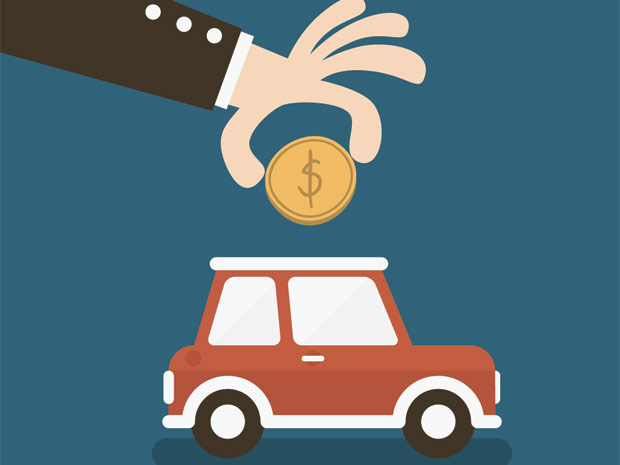26 of the 48 state Medicaid agencies studied could not report the number of “critical incidents” — such as abuse, neglect or exploitation.
You are here
The Unstoppable Momentum of Self-Driving Cars
 Everybody’s doing it – talking, investing, launching an initiative for self-driving cars. Imagine 300,000 lives saved per decade, preventing the 37,500 deaths just last year. In fact, the development of self-driving cars and other Autonomous Vehicles (AV), have received a whopping $80 billion in investment to date. Amid the hype, obstacles are occasionally noted (like roads) and surveyed consumer disinterest, including AAA, JD Power, Gartner. In particular, older people might not be interested, even though enabling older adults to keep driving is one of the oft-repeated rationales by self-driving car evangelists. And of course, older adults want to age in place. So self-driving cars are often described as enablers.
Everybody’s doing it – talking, investing, launching an initiative for self-driving cars. Imagine 300,000 lives saved per decade, preventing the 37,500 deaths just last year. In fact, the development of self-driving cars and other Autonomous Vehicles (AV), have received a whopping $80 billion in investment to date. Amid the hype, obstacles are occasionally noted (like roads) and surveyed consumer disinterest, including AAA, JD Power, Gartner. In particular, older people might not be interested, even though enabling older adults to keep driving is one of the oft-repeated rationales by self-driving car evangelists. And of course, older adults want to age in place. So self-driving cars are often described as enablers.
Who and what can get on board first with a media-friendly project? Will it be Optimus Ride, testing the 'future of transportation' near Boston? Will it be Lyft in Boston, Uber in Pittsburgh (maybe not), Tempe (never mind that crash)? Will it involve redoing the roads to add a separate self-driving lane, as Foxconn in Wisconsin has requested for its 13,000 employee plant near Racine? Does it matter that a new self-driving shuttle has an accident on its first day (blaming a driver, naturally)? What about that 6 mph Robot shuttle in Japan (and likely Paris, Singapore, etc.)? And how about this – commercial delivery via self-driving trucks, and for local delivery even self-restocking delivery vehicles (imagine the UPS truck with no driver)?
Why is ‘boon for the elderly’ generally included as a rationale? First, 70% of older adults live in car-dependent suburbs, and of course, ask AARP, 90% expect to age in place. So seniors are among other much-lobbied reasons to create the 2017 Self-Drive Act, a federal effort to reduce the regulatory burden on getting 80,000 self-driving cars into the market, and to discourage states from crafting individual legislation, one state at a time. Never mind that only 6 percent of cities have any policy or strategy about self-driving cars -- it’s full spending steam ahead. Waymo (formerly Google’s Self-driving project) has even issued a report to explain self-driving safety, benefit to the elderly and disabled, and to justify its own investment and expected growth.
Do risks matter? Toyota offered a wake-up comment. From Toyota: "Society has come to accept 39,000 traffic fatalities a year in the US, mostly due to human error, but would never tolerate similar carnage involving cars controlled by computers." People are worried -- in a 2017 Harris poll about the future of self-driving cars, 52% fear for other drivers, 62% fear for pedestrians. What about the ability of a car’s sensors to work when covered with slush and ice – maybe that will work and maybe not. Meanwhile manually-driven cars are still being purchased today, and owners keep their cars 11.6 years on average. So it will take a few decades to get all of those cars off the regular roadways, assuming that all other vexing barriers, not to mention ethical concerns and insurance issues, are addressed. And this is just the not-so-great beginning -- and until they are in separate lanes on roadways (like trolleys or streetcars), they will endanger, not help, the elderly.

Comments
From Barry Robertson on LinkedIn
Concise summary of the issues and excellent links as well.